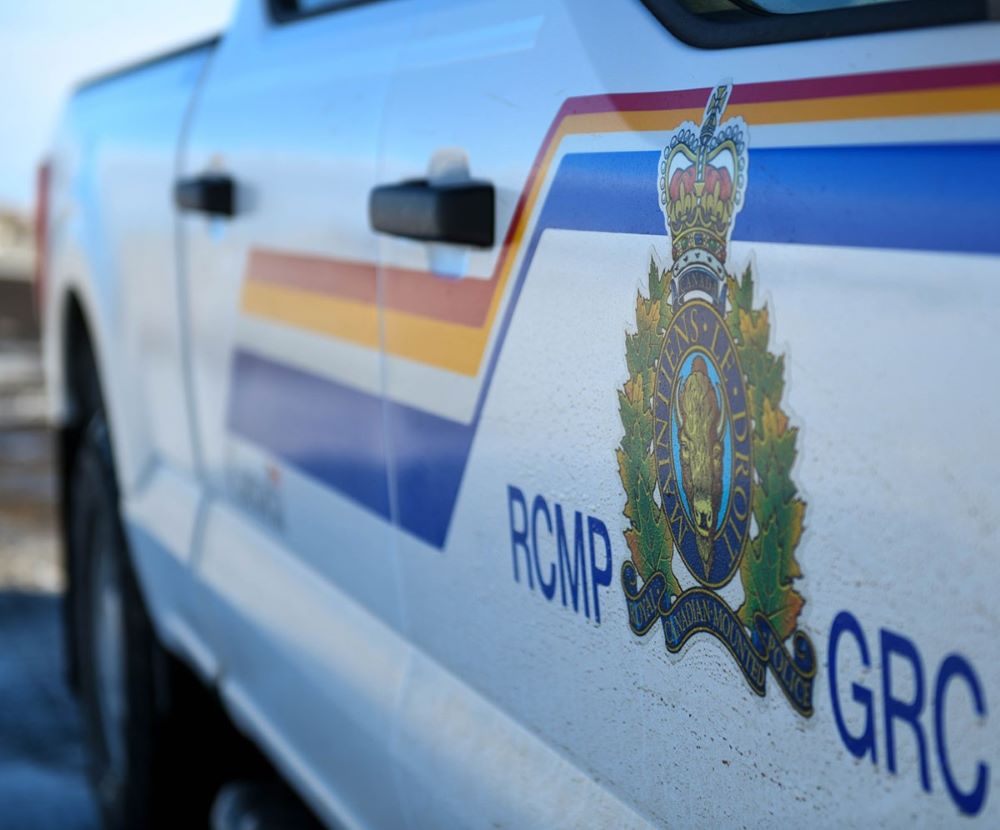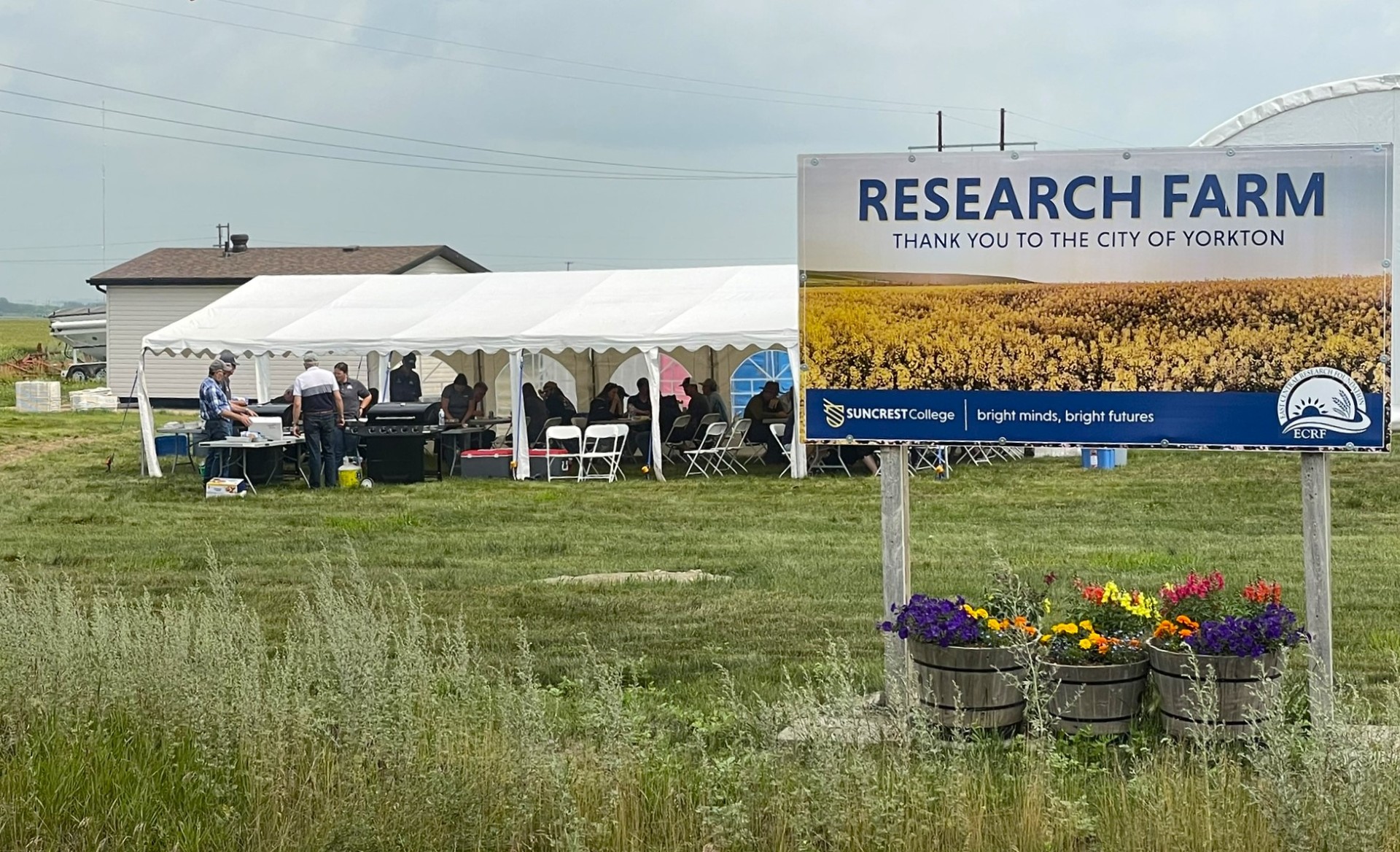President Vladimir Putin sealed his control over Russia for six more years on Monday with a highly orchestrated landslide in an election that followed the harshest crackdown on the opposition and free speech since Soviet times.
While the result was never in doubt, Russians attempted to defy the inevitable outcome, heeding a call to protest Putin’s repression at home and his war in Ukraine by showing up at polling stations at noon on Sunday. But from the earliest returns, it was clear Putin would extend his nearly quarter-century rule with a fifth term.
With nearly all the precincts counted Monday, election officials said Putin had secured a record number of votes — an unsurprising development underlining the Russian leader’s total control of the country’s political system.
Putin has led Russia as president or prime minister since December 1999, a tenure marked by international military aggression and an increasing intolerance for dissent. At the end of his fifth term, Putin would be the longest-serving Russian leader since Catherine the Great, who ruled during the 18th century.
As early results came in, Putin hailed them as an indication of “trust” and “hope” in him — while critics saw them as another reflection of the preordained nature of the election.
“Of course, we have lots of tasks ahead. But I want to make it clear for everyone: When we were consolidated, no one has ever managed to frighten us, to suppress our will and our self-conscience. They failed in the past and they will fail in the future,” he said at a meeting with his campaign staff after polls closed.
Any public criticism of Putin or his war in Ukraine has been stifled. Independent media have been crippled. His fiercest political foe, Alexei Navalny, died in an Arctic prison last month, and other critics are either in jail or in exile.
Beyond the fact that voters had virtually no choice, independent monitoring of the election was extremely limited.
Russia’s Central Election Commission said Monday that with nearly 100% of precincts counted, Putin got 87% of the vote. Central Election Commission chief Ella Pamfilova said that nearly 76 million voters cast their ballots for Putin, his highest vote tally ever.
Western leaders denounced the election as a sham, while President Volodymyr Zelenskyy particularly criticized voting in Ukrainian areas that Russia has illegally annexed, saying “everything Russia does on the occupied territory of Ukraine is a crime.”
Germany sharply criticized the vote with Chancellor Olaf Scholz’s spokeswoman, Christina Hoffmann, saying that “in our opinion, it was not a democratic election.”
“There is no freedom of expression in Russia,” she told reporters in Berlin. “Russia, as the chancellor has already said, is now a dictatorship and is ruled by Vladimir Putin in an authoritarian manner.”
Lithuanian Foreign Minister Gabrielius Landsbergis also said the exercise didn’t deserve the name “election.”
“It’s a procedure that is supposed to resemble elections,” he said. “Some might call it reappointment, lacking any legitimacy.”
Meanwhile, Chinese President Xi Jinping and North Korean leader Kim Jong Un quickly congratulated Putin, along with some Central and South American leaders and presidents of nations that have historic and close current ties to Russia, such as Azerbaijan, Belarus, Kazakhstan, Tajikistan and Uzbekistan.
In the tightly controlled environment, Navalny’s associates urged those unhappy with Putin or the war to go to the polls at noon on Sunday — and lines outside a number of polling stations both inside Russia and at its embassies around the world appeared to swell at that time.
Among those heeding the call was Yulia Navalnaya, Navalny’s widow, who spent more than five hours in the line at the Russian Embassy in Berlin. She told reporters that she wrote her late husband’s name on her ballot.
Asked whether she had a message for Putin, Navalnaya replied: “Please stop asking for messages from me or from somebody for Mr. Putin. There could be no negotiations and nothing with Mr. Putin, because he’s a killer, he’s a gangster.”
A voter in Moscow, who identified himself only as Vadim, said he hoped for change, but added that “unfortunately, it’s unlikely.” Like others, he didn’t give his full name because of security concerns.
Meanwhile, supporters of Navalny streamed to his grave in Moscow, some bringing ballots with his name written on them.
Putin brushed off the effectiveness of the apparent protest and rejected Western criticism of the vote as he tried to turn the tables on the West, charging that the four criminal cases against U.S. Republican candidate Donald Trump were a use of the judiciary for political aims and describing denigrating democracy in the U.S. as a “catastrophe.”
“The whole world is laughing at it,” he said.
Putin referenced Navalny by name for the first time in years at the news conference, declaring that he was ready to release him in a swap for unidentified inmates in Western custody just days before the opposition leader’s death.
Some people told the AP that they were happy to vote for Putin — unsurprising in a country where state TV airs a drumbeat of praise for the Russian leader and voicing any other opinion is risky.
Dmitry Sergienko, who cast his ballot in Moscow, said, “I am happy with everything and want everything to continue as it is now.”
Voting took place over three days at polling stations across the vast country, in illegally annexed regions of Ukraine and online.
Several people were arrested, including in Moscow and St. Petersburg, after they tried to start fires or set off explosives at polling stations while a few others were detained for throwing green antiseptic or ink into ballot boxes. Many more were rounded up by police for attempting to protest.
The OVD-Info group that monitors political arrests said that about 90 people were arrested in 22 cities across Russia on Sunday.
Stanislav Andreychuk, co-chair of the Golos independent election watchdog, said Russians were searched when entering polling stations, there were attempts to check filled-out ballots before they were cast, and one report said police demanded a ballot box be opened to remove a ballot.
That left little room for people to express themselves. Still, huge lines formed around noon outside diplomatic missions in London, Berlin, Paris and other cities with large Russian communities, many of whom left home after Putin’s invasion of Ukraine.
“If we have some option to protest I think it’s important to utilize any opportunity,” said 23-year-old Tatiana, who was voting in the Estonian capital of Tallinn and said she came to take part in the protest.









